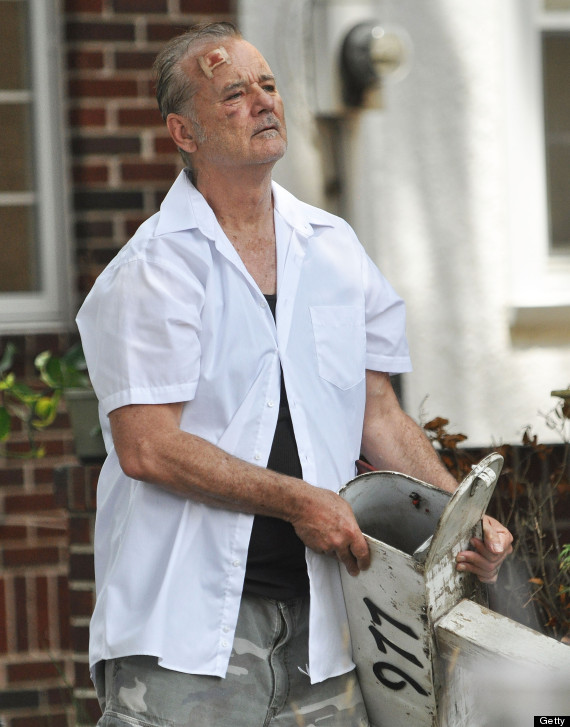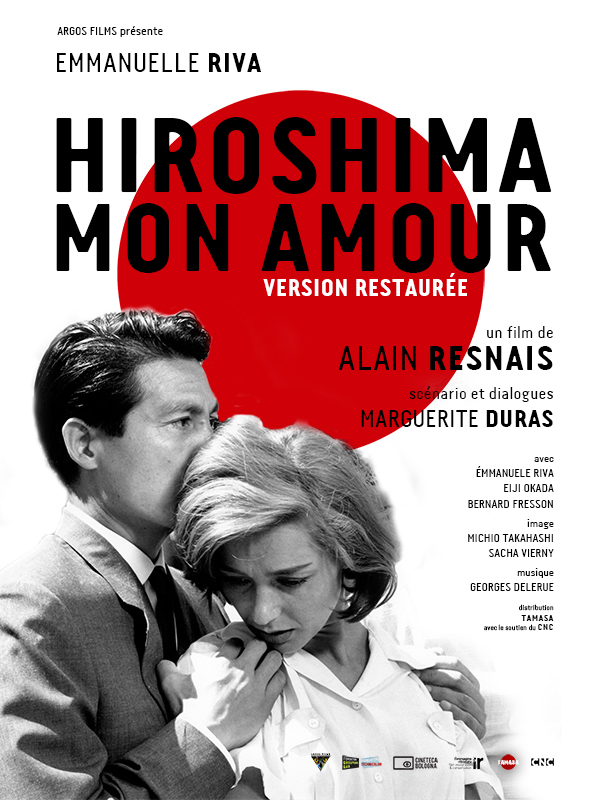Sundinner: No Rest for the Wicked
 I am making a meat ragu today for Sunday dinner. In a rather unfortunate coincidence, my downstairs neighbor (the one who accuses my tiny kitten of making as much noise as an elephant) is also making a meat ragu. Chances are good that my meal will suffer by comparison–this woman grew up in Naples, after all–but I’m not ceding the battle until it’s over. Don’t get fooled by the assless chaps and smartphone zombies: turf wars are serious business here in East Williamsburg.
I am making a meat ragu today for Sunday dinner. In a rather unfortunate coincidence, my downstairs neighbor (the one who accuses my tiny kitten of making as much noise as an elephant) is also making a meat ragu. Chances are good that my meal will suffer by comparison–this woman grew up in Naples, after all–but I’m not ceding the battle until it’s over. Don’t get fooled by the assless chaps and smartphone zombies: turf wars are serious business here in East Williamsburg.
In Praise of the Weepie (‘St. Vincent’)
 These days, earmarking a film as a weepie is like signing its death warrant. Not only will it be scorned but its ability to make us cry will be the only criteria by which it’s judged. And there’s no winning either way: If the film does induce tears, it’s lambasted for being manipulative. If it doesn’t, it’s not adequately doing its job.
These days, earmarking a film as a weepie is like signing its death warrant. Not only will it be scorned but its ability to make us cry will be the only criteria by which it’s judged. And there’s no winning either way: If the film does induce tears, it’s lambasted for being manipulative. If it doesn’t, it’s not adequately doing its job.
Certainly “St. Vincent,” a heart-rending indie about the friendship between Vietnam vet Vincent (Bill Murray) and young Brooklyn boy Oliver (Jaeden Lieberher), may not be receiving the high marks it deserves. Admittedly, its premise could go either way. As Vincent, the vet in question, Murray is a broke misanthrope who spends his time gambling, drinking, and shtupping a pregnant Russian prostitute (Naomi Watts) until his newly single neighbor Maggie (Melissa McCarthy) recruits him to watch her twelve-year-old son. The hapless boy blooms, and Vincent proves far kinder than he seems – if still wildly inappropriate.
A grumpy codger with a heart of gold is not exactly a new story; everyone from Billy Bob Thornton to Walter Matthau to Jack Nicholson has tried his hand at it. God knows a hooker with a heart of gold is one of the oldest film tropes around. But by now everything’s been done a kazillion times so unoriginality is hardly a deal breaker. (Cue the myriad dystopias flooding multiplexes this year.) This film boasts an expertly layered story, with such strong dialogue, editing, and casting that it earns its keep, as well as the tears it inspires. That said, it might be lost without Bill Murray. Continue Reading →
Love and Memory: ‘Hiroshima Mon Amour’
 I’d always suspected I would swoon over “Hiroshima Mon Amour” (1959). It is directed by Alain Resnais, who was riding high on the French New Wave. It is written by Marguerite Duras, the French symbolic novelist widely acclaimed as a landmark feminist even if she never identified as one. It is the screen debut of Emmanuelle Riva, who was nominated for a 2012 Oscar for her harrowing performance in “Amour.” But because I thought streaming this classic on a small screen would be like eating caviar on a hamburger bun, I stayed away. Now, fifty-five years after its initial release, Rialto Pictures has acquired the U.S. distribution rights. It turns out seeing “Hiroshima Mon Amour” on a big screen is a revelation worth the wait.
I’d always suspected I would swoon over “Hiroshima Mon Amour” (1959). It is directed by Alain Resnais, who was riding high on the French New Wave. It is written by Marguerite Duras, the French symbolic novelist widely acclaimed as a landmark feminist even if she never identified as one. It is the screen debut of Emmanuelle Riva, who was nominated for a 2012 Oscar for her harrowing performance in “Amour.” But because I thought streaming this classic on a small screen would be like eating caviar on a hamburger bun, I stayed away. Now, fifty-five years after its initial release, Rialto Pictures has acquired the U.S. distribution rights. It turns out seeing “Hiroshima Mon Amour” on a big screen is a revelation worth the wait.
It begins with two voices murmuring over images of the aftermath of the Hiroshima atomic bombings. The female describes what she remembers of the disaster; the male denies her reality: You saw nothing in Hiroshima. Nothing. Because we are seeing images that support her memories, we are inclined to believe her, especially as the photographs of burnt, mutilated bodies, buildings, and fields are intercut with close-ups of two naked bodies, artfully arranged, artfully entwined. It seems obvious, or at least predictable: The woman’s reality is being undercut by her domineering male lover. As the two continue their back-and-forth – I saw this/ No, you did not – we begin to be lulled by the rhythm of conversation and imagery, as horrific as some of it is. Continue Reading →
